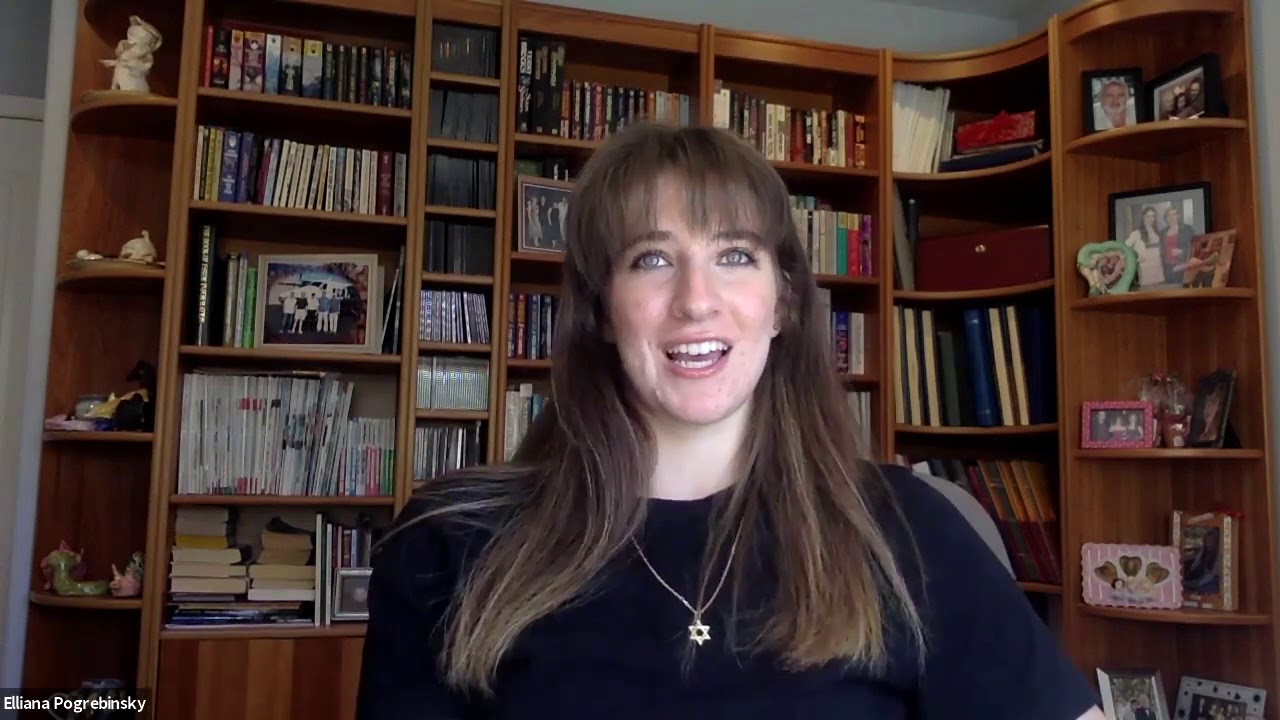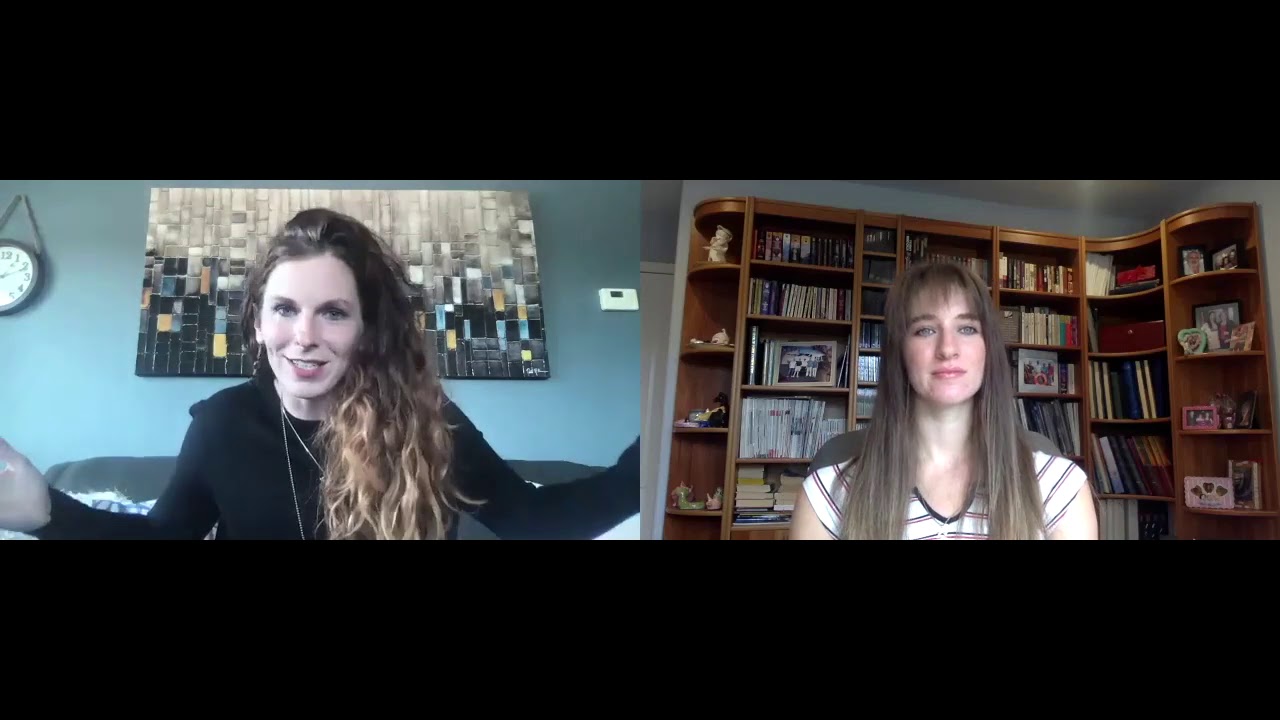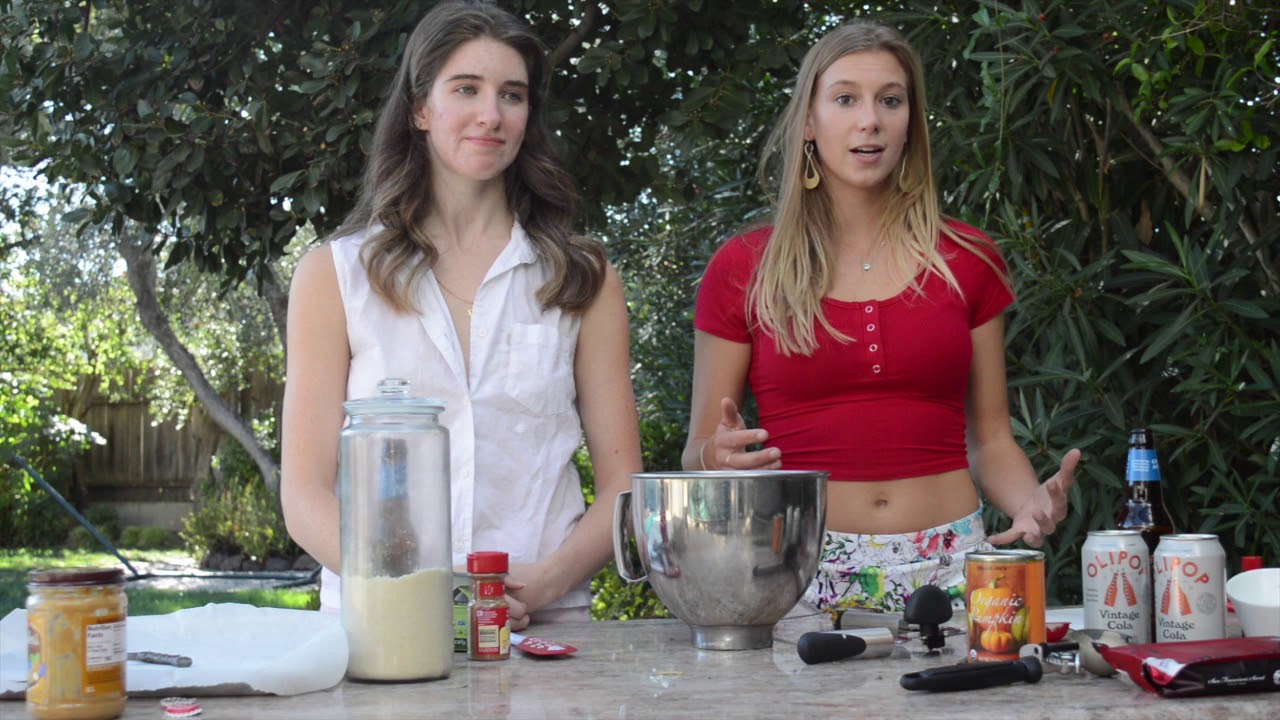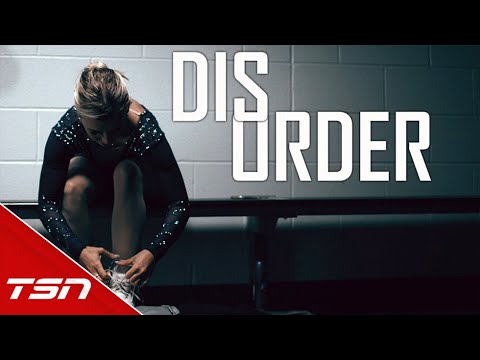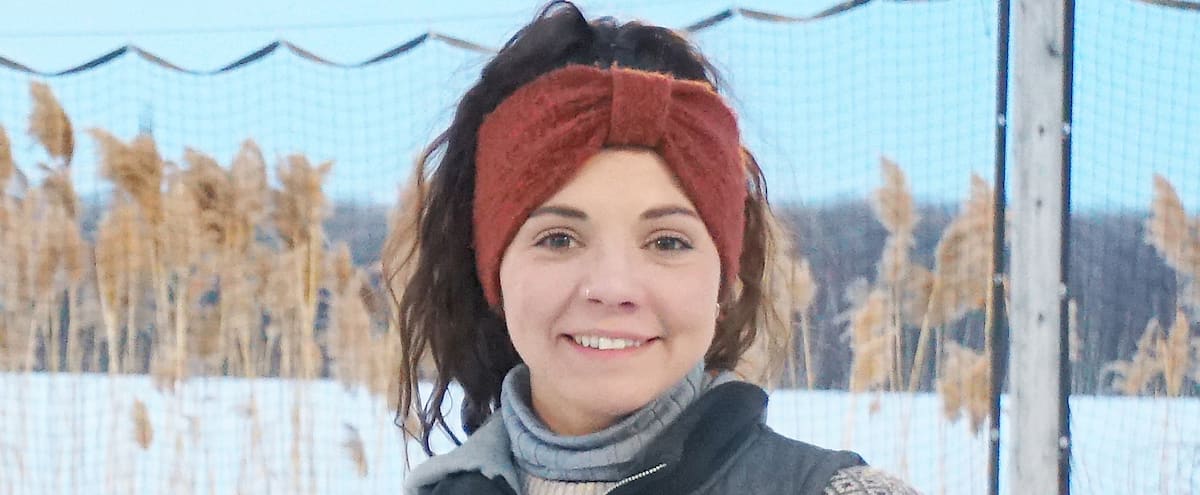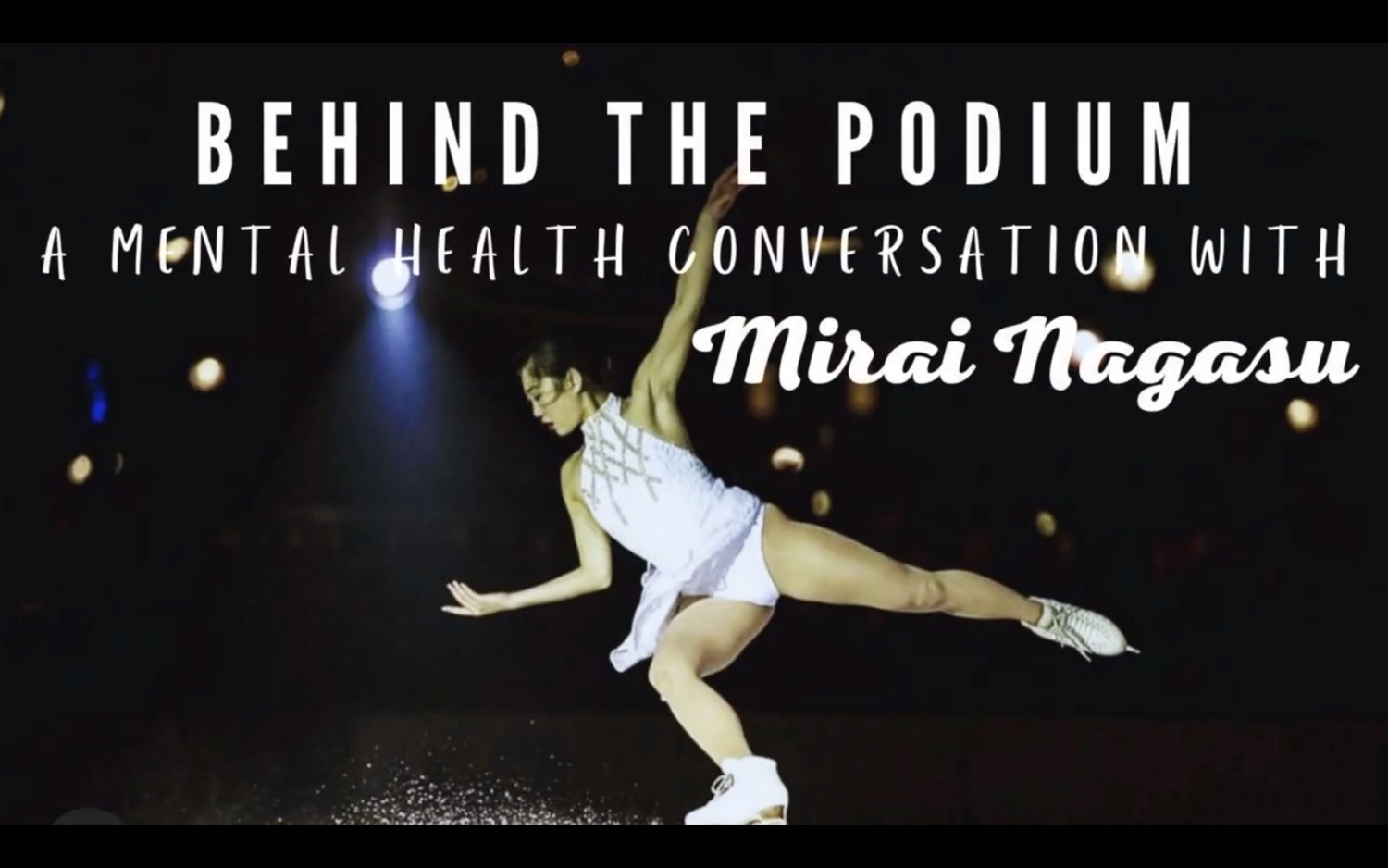Artistic Skaters
Drawing Figures
- Messages
- 8,150
This article is about former Canadian skater Liam Dougherty. He struggled with PTSD for many years after skating and is now running for public office:

 paherald.sk.ca
paherald.sk.ca

Former ice dancer and junior figure skating champion running in Ward 7 - Prince Albert Daily Herald
The Prince Albert Daily Herald is Prince Albert's only employee owned and operated, community focused daily Newspaper.
 paherald.sk.ca
paherald.sk.ca
Dougherty, a Prince Albert born Canadian Junior Figure Skating Champion who competed nationally and internationally as an ice dancer, left the sport in 2007 citing mental health concerns. He said the experience left him traumatized and suicidal, but after seeking treatment he's now looking to get into municipal politics.
Dougherty formally announced his plans to run for Prince Albert's vacant Ward 7 seat on September 8. He said the rigid and inflexible world of figure skating helped prepare him for the challenges of being an elected official, while his experience with mental illness helped him identify with those who are less fortunate.

